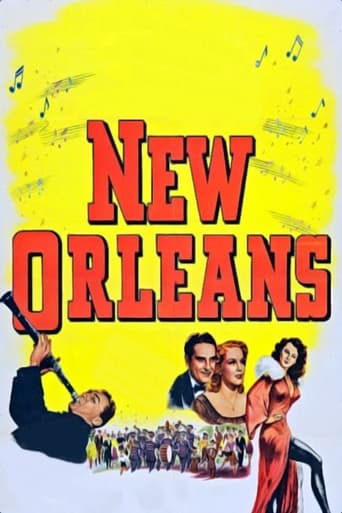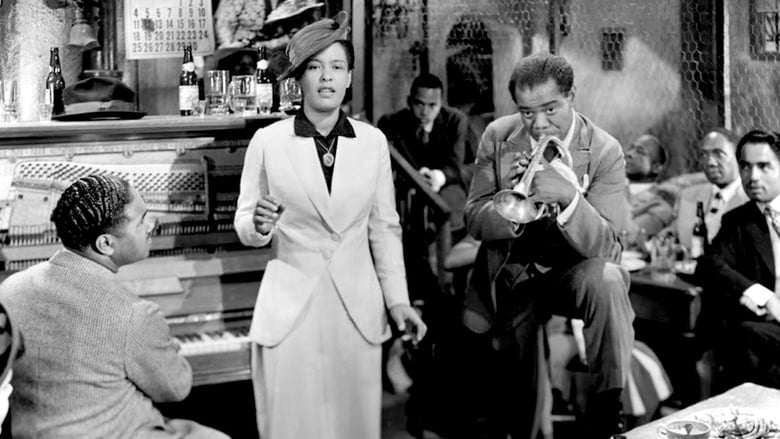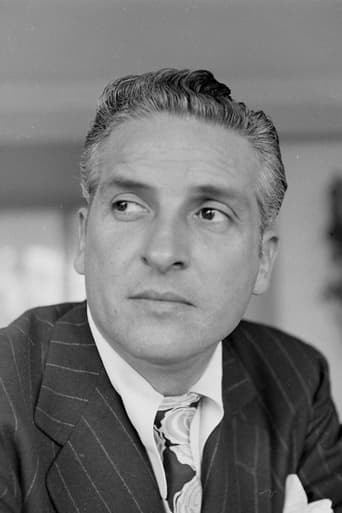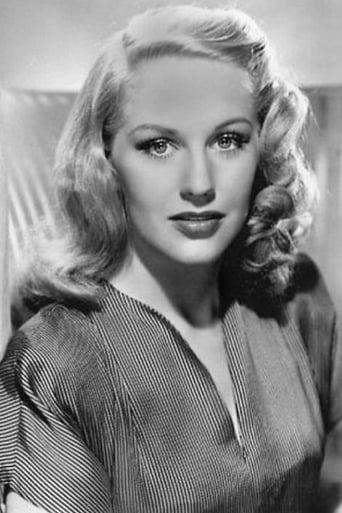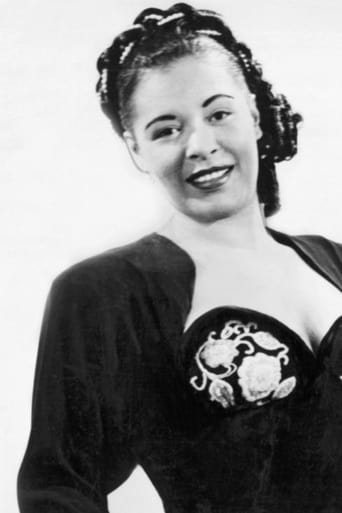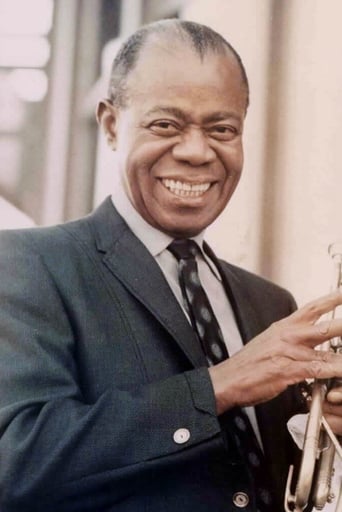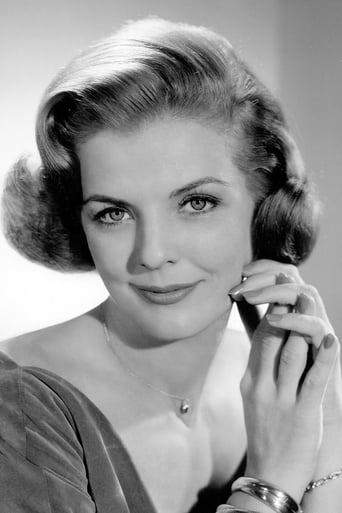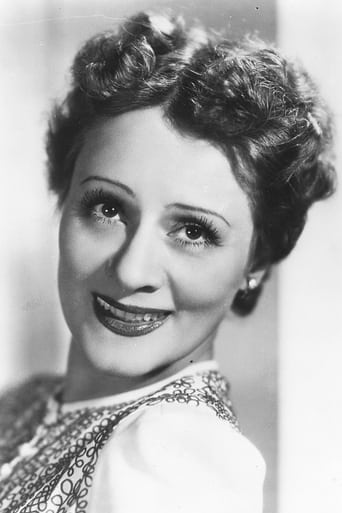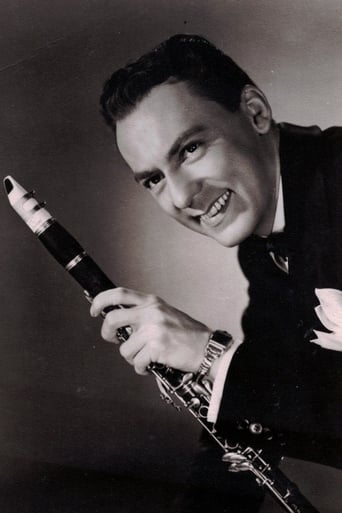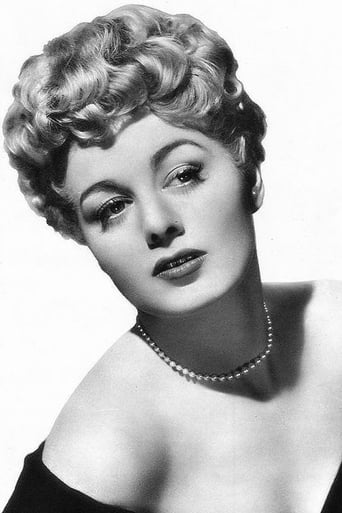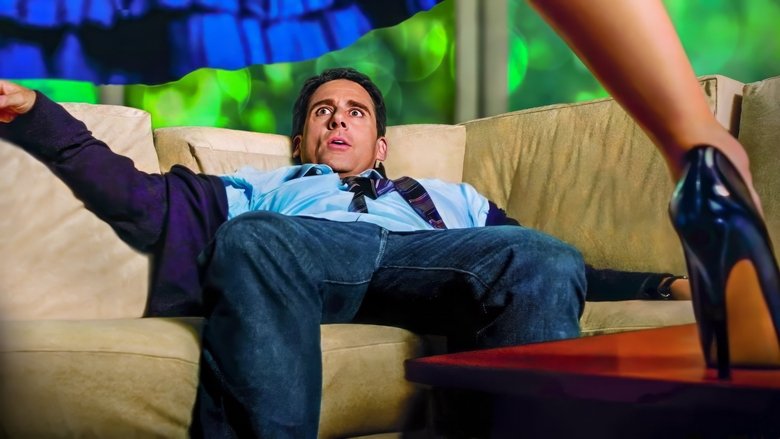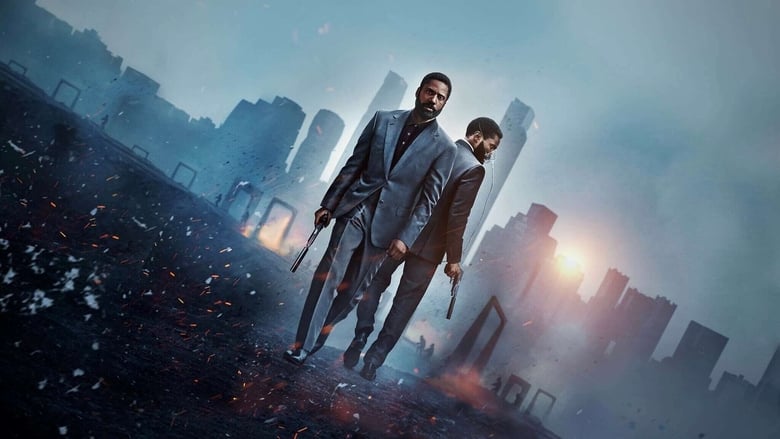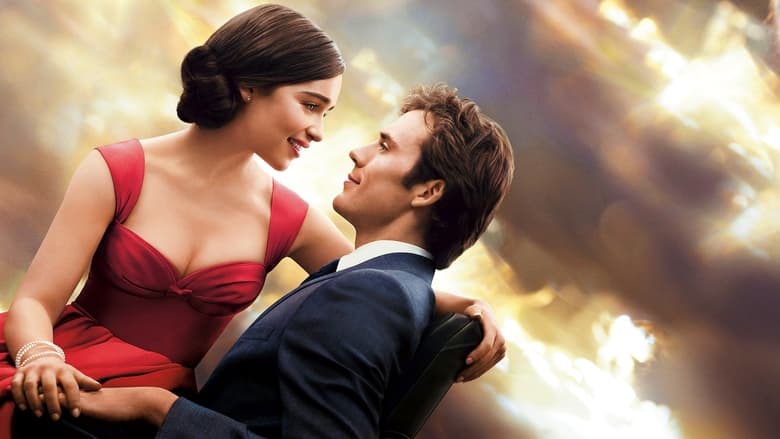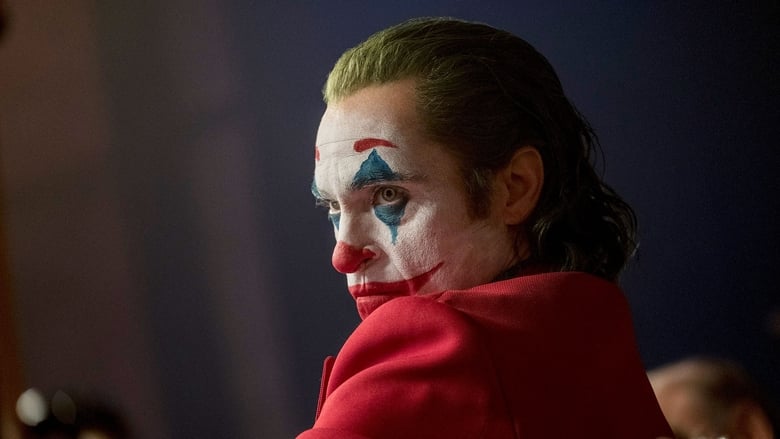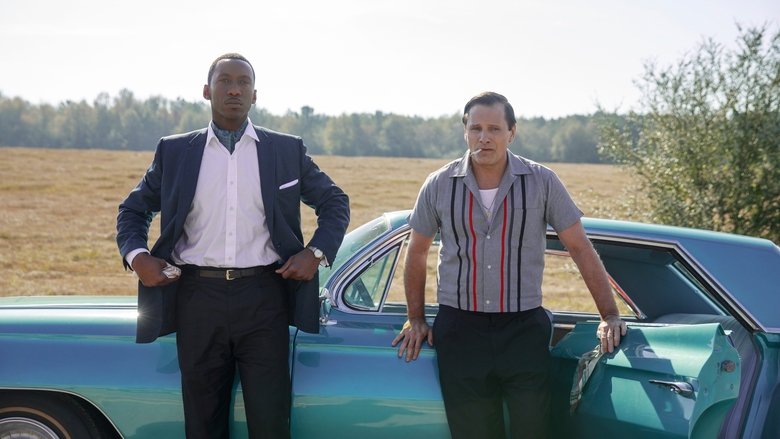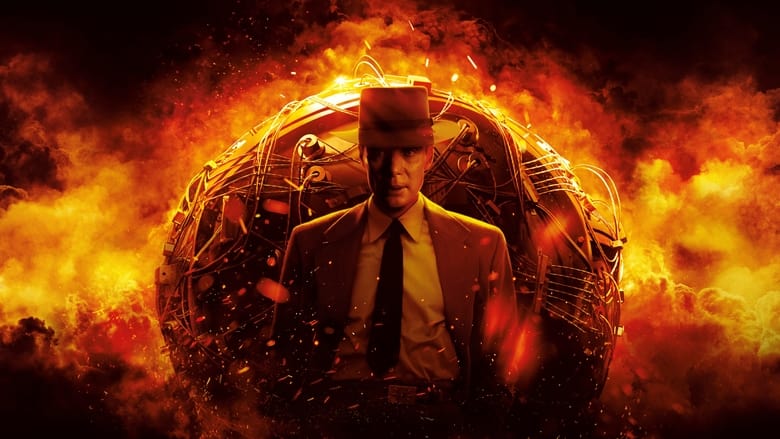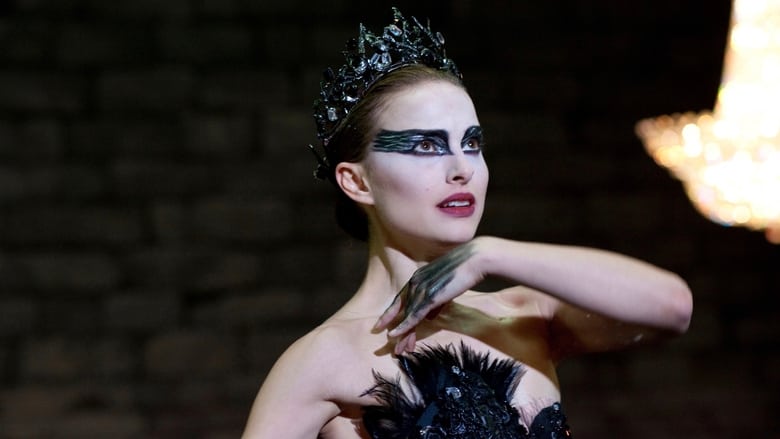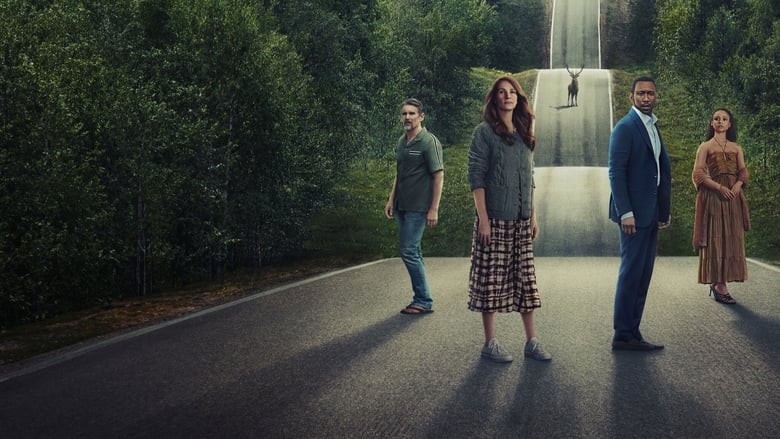A gambling hall owner relocates from New Orleans to Chicago and entertains his patrons with hot jazz by Louis Armstrong, Billie Holiday, Woody Herman, and others.


Similar titles
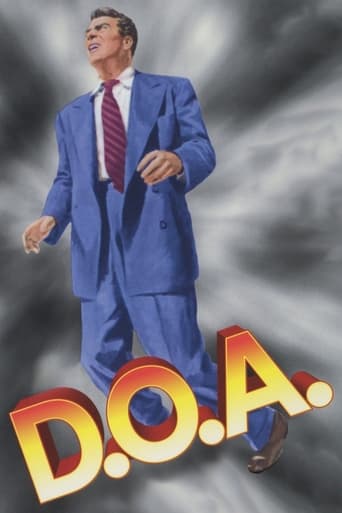
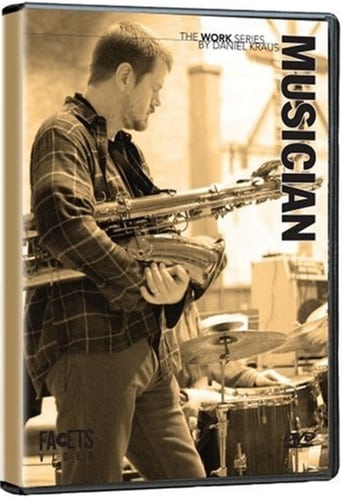
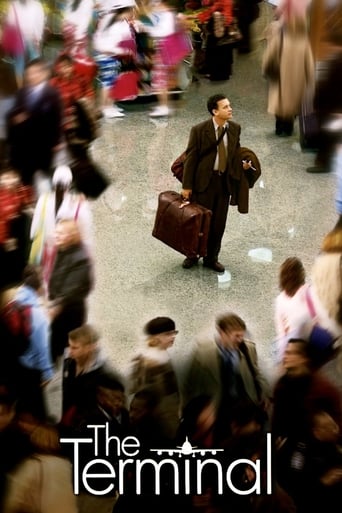

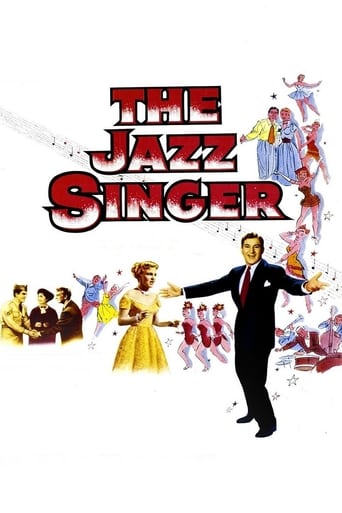
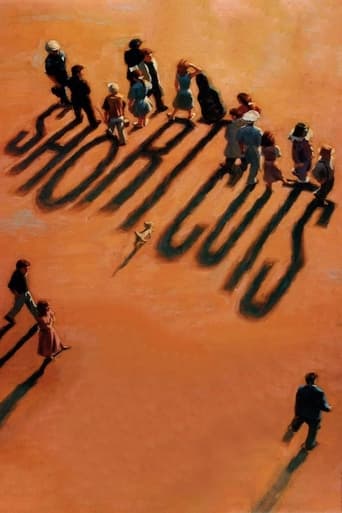
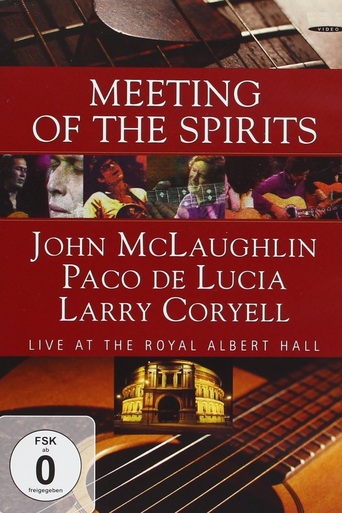
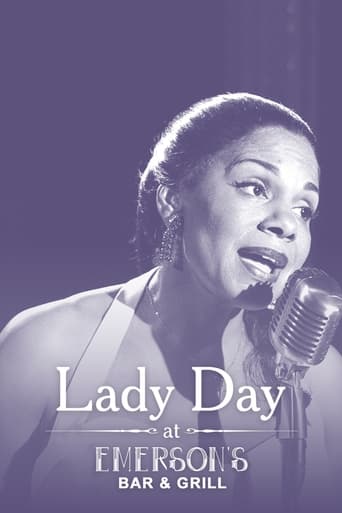
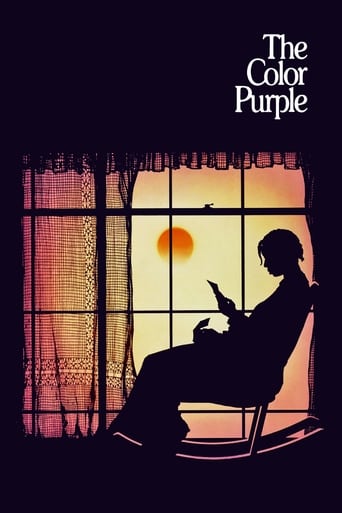
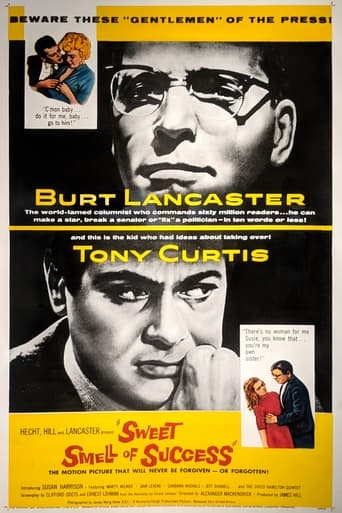
Reviews
Without Louis Armstrong and Billie Holiday and their musical supporting cast, this would be a forgettable melodrama. To me the most interesting aspect of this movie is the contrast of cultures - the stuffy white world symbolized by classical/operatic music (some very excellent), the blues/jazz world of the downtrodden but resilient black population and the white "early adopters" of their music. The music is tremendous. Although this movie would never win an Academy Award except for music, the cast is overall excellent given their material. Anyone who loves Armstrong or Holiday should own this. I saw this on Turner classic movies and I'm going to buy it.
"New Orleans" started out as an Orson Welles project at RKO -- a Louis Armstrong biopic with Armstrong playing himself -- and it morphed through several different incarnations (including a version by writer Valentine Davies that ultimately got filmed as "Syncopation" in 1942) before ending up with producer Jules Levey as the film we have. There's certainly a sense of might-have-been about this movie that was only accentuated in the early 1980's when an independent jazz reissue label called Legends released the surviving pre-recordings made by Louis Armstrong and Billie Holiday in October 1946 for use in the film -- including a treasure trove of music that hadn't made it anywhere near the final cut -- and the idea of basing a film about the history of jazz around a set of boring white characters and reducing the African-Americans to extras in their own story is all too familiar in Hollywood's treatment of just about any story involving African-based politics or culture.Now for the good news: within the horrible limits of the concept, the script is relatively well constructed, and Arthur Lubin's direction shows some visual imagination -- notably in the opening tracking shot through the streets of back-lot "New Orleans" before the camera enters Arturo de Cordova's cabaret/casino and discovers Louis Armstrong and his band playing "West End Blues" (inexplicably renamed "Name-Your-Poison Blues" in the film). In her autobiography "Lady Sings the Blues" Billie Holiday vividly registered her disgust at being cast as a maid, and in the scenes with Dorothy Patrick she's visibly stiff, barely able to get the servile dialogue out of her mouth -- but when she shows up at the cabaret set and gets to sing with Armstrong's band she visibly loosens up and becomes a relaxed and quite effective screen presence. My partner noted the similarities between "New Orleans" and the 1936 MGM film "San Francisco" -- both are about gamblers who own night clubs and opera singers who climb down from their pedestals to perform popular music, and the (real) closure of New Orleans' Storyville red-light district in 1917 fulfills the same climactic story function as the 1906 earthquake and fire did in "San Francisco."The first time I saw any part of "New Orleans" was at a screening of jazz movies in 1970, at which the host presented three numbers from the film ("Do You Know What It Means to Miss New Orleans?," "Where the Blues Were Born in New Orleans" and "Farewell to Storyville") that had been blown up from 8 mm sound prints released for home sales in France. The host said that the rest of the film had been lost, so it was quite surprising to me when I got to see the complete version twice in 1973 on an independent local TV station in the San Francisco Bay Area. Then I didn't see the film again until Kino released it on DVD, and having got over my disappointment at what it could have been, this time I could appreciate it for what it is: a flawed movie with an almost unbearably pretentious ending but still a quite entertaining film as well as a chance to see Armstrong and Holiday at the peak of their powers. (Woody Herman is hardly showcased to good effect even though he was leading perhaps the best band of his career, the "First Herd," at the time.) And I'm surprised the other commentator mentioning the greatest jazz movies left out my all-time favorite, Clint Eastwood's "Bird."
Anyone who loves blues and Dixieland would want to check out this film for the music alone. Seeing Billie Holliday and Louis Armstrong on the screen together must have made it worth the price of admission for audiences at the time. Reviewers are right that most of the acting is on the bland side, and there's a weird time warp with musicians playing their 30-years-younger selves. (It's like Paul McCartney in 1998 playing himself during his Beatles days.) But the film has a surprising amount of atmosphere, and some enjoyable surprises: There are no villains, for one thing-- All of the characters are surprisingly likable. For another, all of the women are strong-willed decisive characters who know what they want--even the cuddly blonde who plays the female lead. Considering the era, when Rosie the Riveter was relentlessly being herded back to hearth and home and told to be a good little housewife, and when almost the only strong female characters in American films were the evil seductresses of film noir, it's nice to see a nice girl who has a career, makes her own choices, and makes the first move when she's interested in a man. Also, while it may be sad to see Billie Holliday in a maid's uniform, it's good to be able to see her at all, and it's very good that those white characters attracted to Dixieland treat the black characters with respect. I also liked the scene where the heroine sang a Dixieland encore at a classical concert. Some of the audience walked out, and some stayed to enjoy and applaud--a realistic and unshowy way to stage the scene.But it's the music, of course, that you'll remember from this film. There are some great numbers, and they are given their full (deserved( attention, without silly distractions.
I was just a kid when I saw this at a midnight movie in Columbia, Missouri. Being a jazz fan I couldn't wait to see my jazz heroes. I'd like to say it was a good movie, but it was a bomb. . The story was corny. What little music there was I found to be excellent. Not only Satchmo, but there was Billie Holiday who played a maid (them's were the times). I have never seen this film on TV. Hollywood could have done a better job on this one. Still - it's worth the few moments of good New Orleans jazz.
